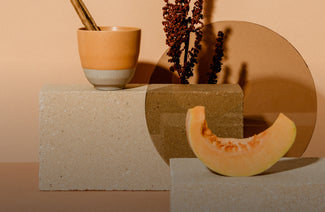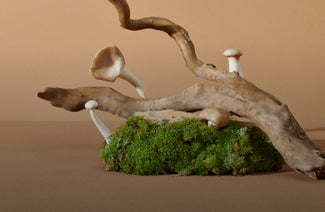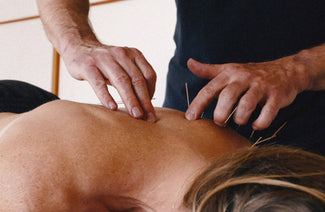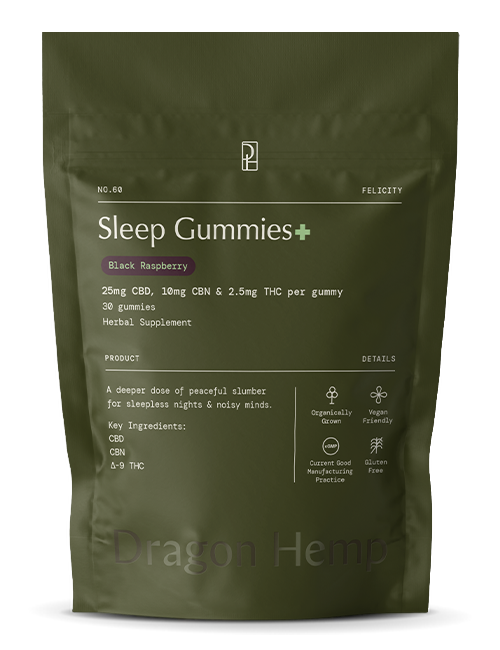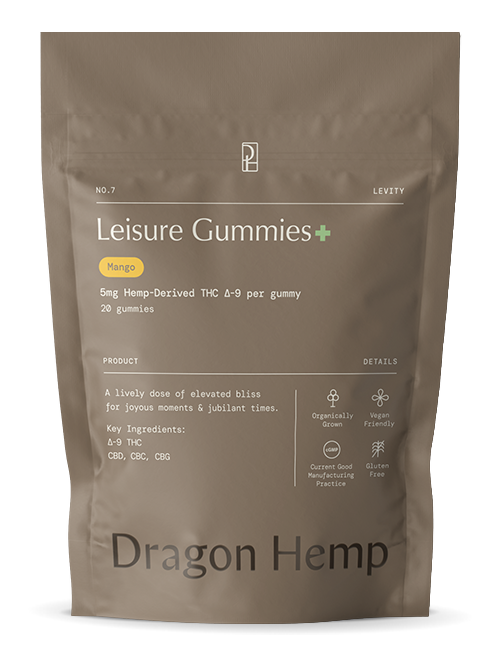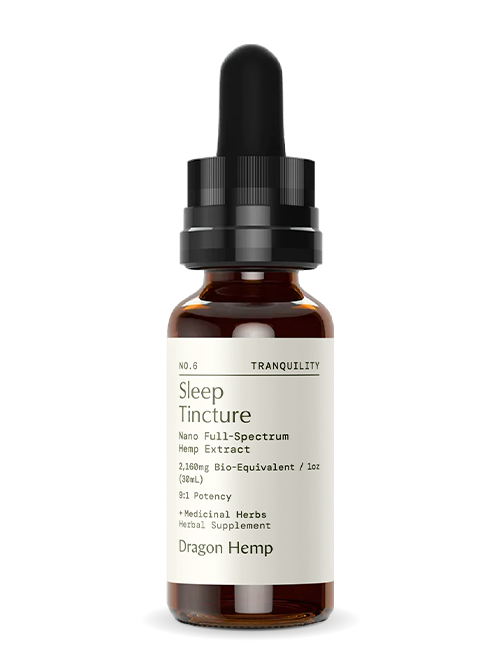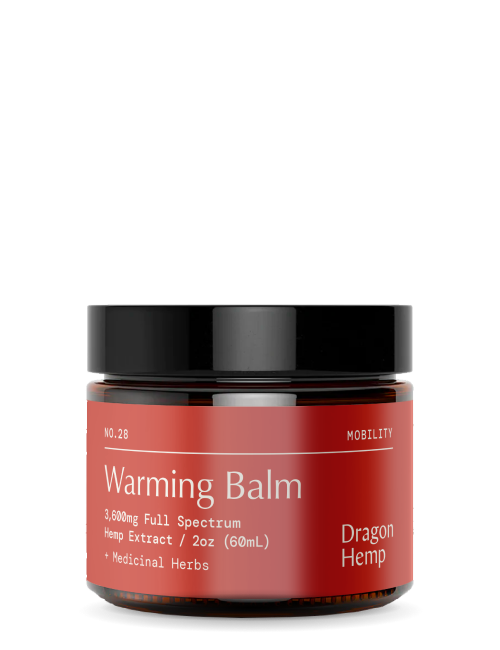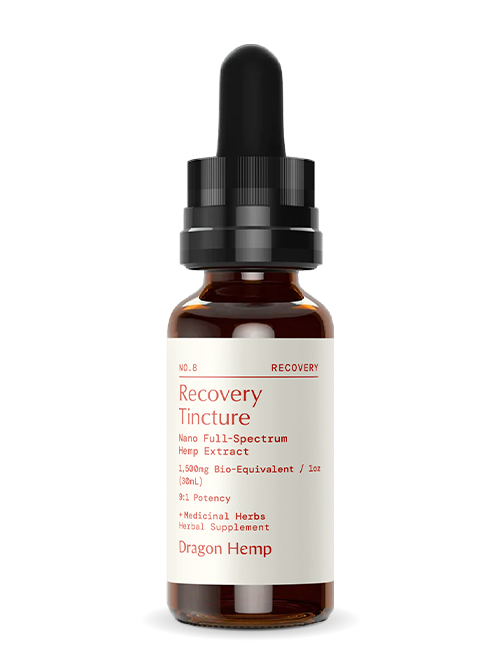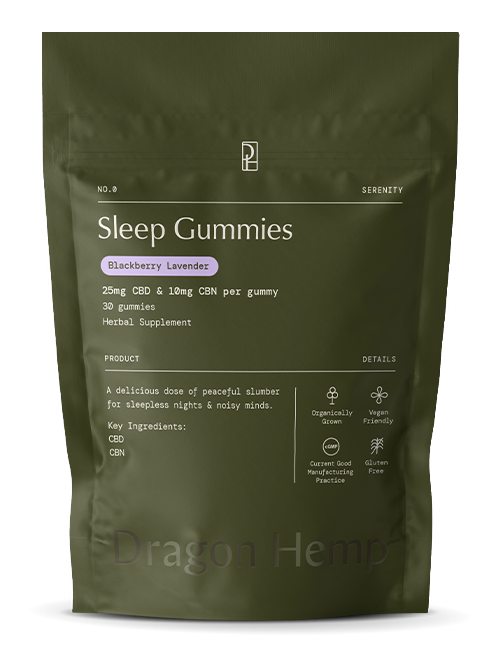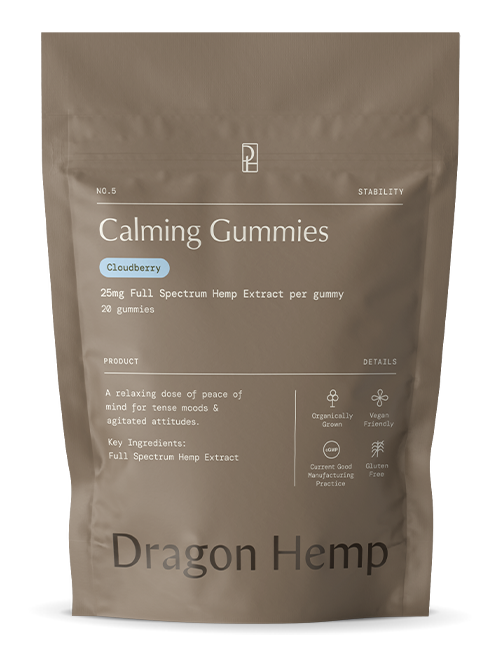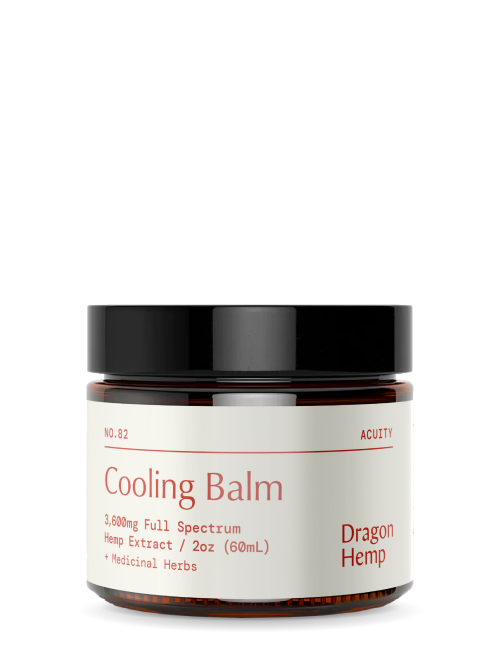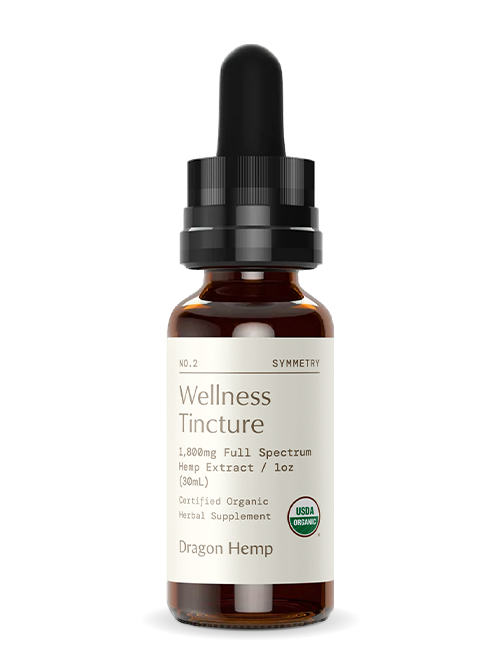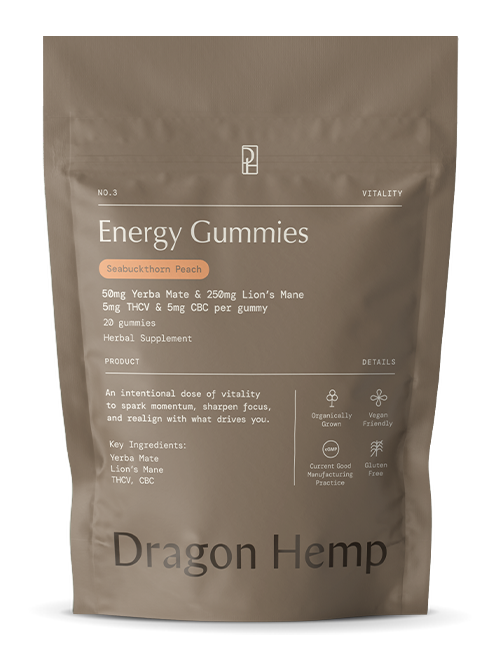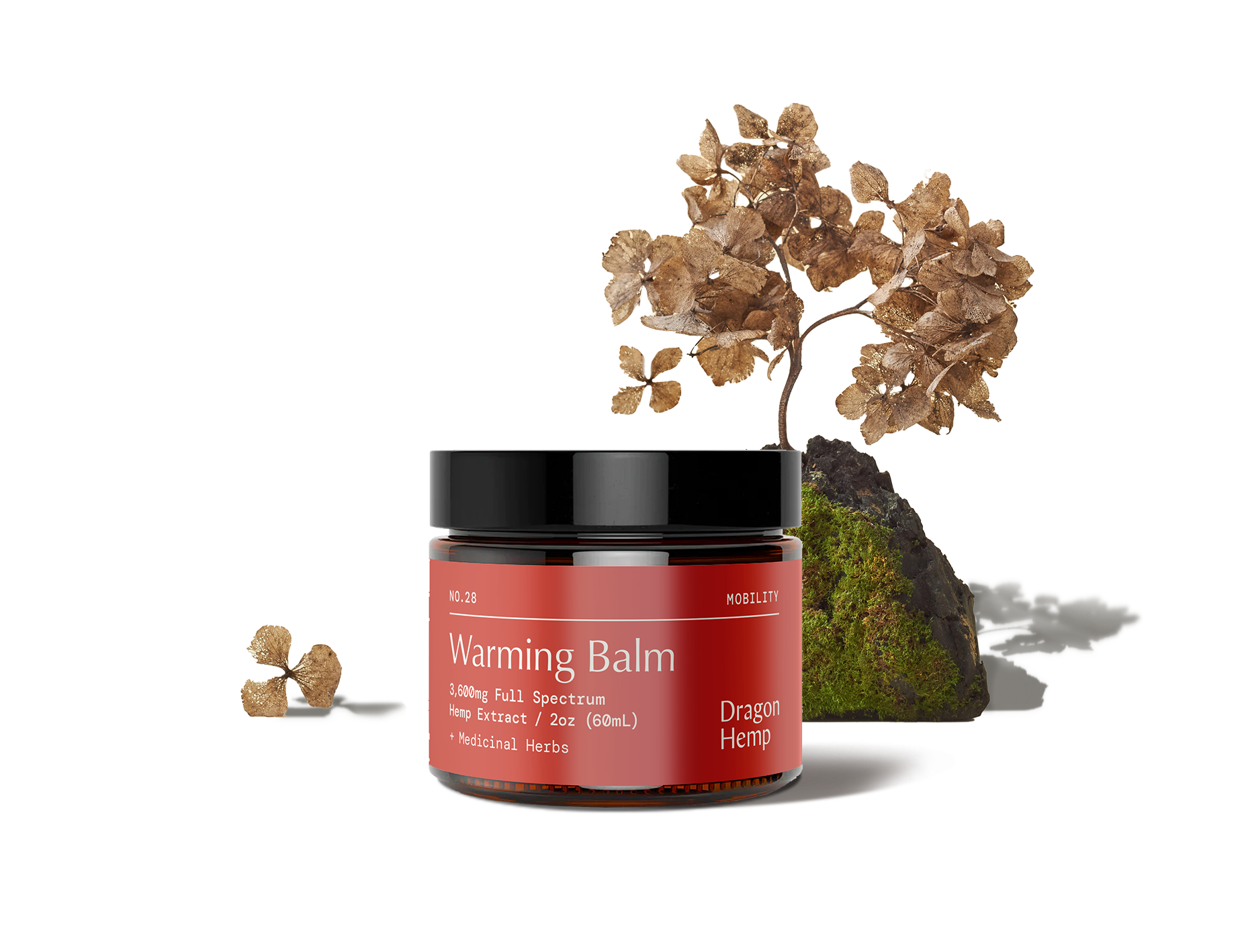
Is Delta 9 Good for Sleep?
Not many adults sleep the recommended 7-9 hours every day. The Centers for Diseases Prevention and Control (CDC) contends that one in three Americans sleep less than seven hours daily. As a result, they are predisposed to conditions like diabetes, obesity, high blood pressure, heart disease, mental disorders, etc.
The reasons why many people struggle with sleep is a topic of its own; we won’t address those. Instead, we want to focus on how you can sleep better. Given its importance to good mental and physical health, this is a must-read if quality sleep is important to you.
So, while most people typically turn to OTC sleeping aids, you don’t necessarily have to. It turns out that getting better quality sleep is as easy as taking Delta 9.
Well, what is Delta 9, and how does it help improve sleep? We explain more here.
Key takeaways
- Delta-9-THC is a psychoactive cannabinoid with numerous health benefits.
- It can help improve sleep quality due to its ability to bind to cannabinoid receptors and trigger physiological processes resulting in lower sleep onset latency.
- Compared to Delta 9, Delta 8 has similar but subdued experiential benefits.
- The duration of Delta 9 effects typically depends on the method of consumption, dosage, and other body characteristics.
- Delta 9 shows up on drug tests.
- Delta 9 is not entirely a safe cannabinoid. Misuse has been associated with diverse negative mental and physical effects.
What is Delta 9 THC?
Delta-9-tetrahydrocannabinol (THC) is a cannabinoid of cannabis. It is the most abundant cannabis compound in landraces, typically in the 15-20% range. It is hugely popular thanks to its mind-altering effects (psychoactivity).
While this property underpins its popularity, it also explains why it is the most scrutinized cannabis compound. As a result, Delta 9 is the benchmark for determining whether a cannabis product is legal or illegal.
After the 2018 Farm Bill became law, it legalized hemp farming. This follows the redefinition of hemp as cannabis Sativa with a THC (Delta 9) concentration of 0.3% or less by dry weight. Any cannabis plant with higher THC concentrations (>0.3%) is classified as marijuana and is effectively illegal in the US.
While cannabis produces many other THC compounds, Delta 9 is arguably the most studied. There is a ton of research on it, so its pros and cons are well established.
Let’s review some of its uses.
What is Delta 9 typically used for?
Delta 9, or simply THC, is the most abundant ingredient in cannabis. Therefore, any purpose for which cannabis is used can potentially be due to Delta 9. However, cannabis contains other cannabinoids and other non-cannabinoid ingredients with different physiological effects.
The most popular use for Delta 9 is recreational, i.e., to induce a ‘high.’ Many users report feeling relaxed and contented after taking Delta 9 in moderate doses. But depending on your tolerance levels, you may also feel fearful, paranoid, and anxious.
As more research is conducted on THC, its range of physiological effects has become more apparent. Studies indicate the Delta-9-THC may be therapeutically beneficial for conditions like:
- Nausea
- Vomiting
- Chronic and neuropathic pain
- Seizure disorders
- Sleep problems
- Anxiety and depression
- Inflammation
- Irritable bowel syndrome
- Inflammatory bowel disease
-
Appetite stimulation
Indeed, the Food and Drug Administration (FDA) has approved certain THC-based medications like nabilone and dronabinol for treating chemotherapy-induced nausea. THC-based medicines are also used in clinical settings to stimulate appetite in patients with HIV/AIDS-related wasting syndrome.
Further afield, several other drugs made by combining THC and CBD have been permitted (or are undergoing clinical trials). For example, Sativex® (nabiximol) is currently prescribed in the UK, Canada, and other European countries for treating neuropathic pain and spasticity due to multiple sclerosis.
Evidently, Delta 9 has a lot of positive health benefits. The key to reaping these rewards, however, is moderation. So, even though it has immense therapeutic value, Delta 9 is a dangerous substance to abuse.
Does Delta 9 help you sleep?
According to the Sleep Foundation, roughly 70% of young users claim that cannabis helps them sleep better. An even larger cohort of users (85%) who take cannabis for medical reasons, e.g., pain relief, say it improves their sleep.
While cannabis has many compounds, Delta-9-THC is undoubtedly the most dominant. So, does it have a role in improving sleep? It appears so.
Phytocannabinoids, like endocannabinoids, can attach to receptors in the endocannabinoid system and trigger wide-ranging physiological reactions. On its part, THC is known to bind to the CB1 receptor yielding a biphasic effect on sleep.
For instance, at lower doses, THC reduces sleep onset latency, making it easier to fall asleep. This increases the time you spend in the slow-wave sleep phase and increases total sleep time.
At higher doses, THC demonstrates the ability to reduce the duration of the rapid eye movement (REM) sleep phase. Conversely, this increases the time spent in other sleep phases. REM sleep typically kicks in 90 minutes after falling asleep. It is associated with higher brain activity, rapid eye movement, increased heart rate, and vivid dreams.
Even though all sleep phases are critical, researchers contend that the deep sleep phase is the most important. This is when the body is completely at rest. So, the more time you spend in deep sleep, the better the quality of your sleep.
Besides its direct impact on sleep, THC also alleviates some symptoms that make it to sleep. For instance, it may reduce chronic pain and anxiety, making it easier to fall and stay asleep. That’s because THC binds to the CB2 receptors, which are generally implicated in anti-inflammatory and immune system functions.
Obviously, pain and anxiety are leading sleep distractors so getting them out of the way definitely helps.
Is Delta 8 or 9 better for sleep?
Certainly, you could be wondering what difference there is between Delta 8 and 9. A lot, actually.
Delta 8 is a THC variant that closely resembles Delta 9. However, the only chemical difference between these two is the position of a particular double bond. In Delta 8, this bond is at the 8th carbon atom, while in Delta 9, it is at the 9th carbon atom.
When compared side by side, this structural difference might not seem significant. However, it is in their cognitive effects that this difference is most profound.
Delta 8 provides similar experiential benefits to Delta 9 but at a more subdued level. A 2022 survey showed that most Delta 8 users experience relaxation (71%), pain relief (55%), and euphoria (68%) as Delta 9 users. They also get a moderate amount of cognitive distortion (e.g., short-term memory loss, difficulty concentrating, altered sense of time).
But it seems Delta 8 outperforms its older sibling (Delta 9) in the areas of paranoia and anxiety. In the survey, 83% of the participants stated they did not experience paranoia, while 74% said they felt no anxiety.
Overall, the increasing preference for Delta 8 is driven by its legal status as stipulated in the Farm Bill. Though it is a loophole some states are now bent on correcting, the law currently does not regulate the amount of Delta 8 in hemp products.
Due to its lower psychoactivity, most Delta 8 users are usually interested in its medicinal effects, including relief from insomnia. So, if you prefer the sleep-promoting properties of Delta 9 without its strong psychoactive effects, Delta 8 may be ideal.
How long do the effects of Delta 9 last?
This roundly depends on how you take Delta 9. There are four main ways to consume Delta 9:
- Inhalation
- Oral
- Sublingual
- Topically
Inhalation
This is done via vaping or smoking. Taken this way, the effects of Delta 9 can peak within 10 to 15 minutes and last a couple of hours. Of course, the duration of the effects also depends on how much you have taken.
Remember that THC has a half-life of roughly 21.5 hours. So, the only variable that increases or reduces the duration of its effects is dosage. Naturally, it takes longer for half the amount of a larger dose to be eliminated than for a smaller dose.
So, if you inhale a large dose of Delta-9-THC, some of its effects can linger for much longer.
Oral Delta 9
Oral Delta 9 is consumed in edibles like gummies, capsules, pills, or homemade edibles like cookies and brownies.
Oral THC kicks in slower compared to inhaled THC. That’s because it goes through the digestive system, broken down before being absorbed into the bloodstream. This process takes hours, so the effects of edibles can be felt within 30-90 minutes after consumption.
These can peak within 2-3 hours and last for another 6-8 hours. However, it is not uncommon for the residual effects to last much longer, like 12 hours.
Sublingual Delta 9
For oils and tinctures, the sublingual method is probably the best. It entails placing a required amount of oil under the tongue using a dropper.
This method allows a larger dose of THC to enter the systemic circulation directly. The effects of Delta 9 typically kick in within 10-30 minutes, peaking roughly after an hour and lasting 4-6 hours. Apart from inhalation, sublingual administration also yields a higher bioavailability.
Topical Delta 9
Topical THC is applied to the skin. With this method, the effects kick in within 10-30 minutes and can last approximately two hours. Balms are more efficient carriers of THC because they are thicker. Therefore, they take more time to penetrate the skin, extending THC’s absorption time.
Does Delta 9 show up on drug tests?
Yes, drug tests typically look for Delta 9 or its metabolites. These can stay in the body for up to 30 days from the day of last use. Of course, its stay in your system depends on the frequency of use and the dose taken on each use.
For light users (who smoke 3-4 times a week), the detection window is 5-7 days. For heavy users, THC metabolites may be detectable in the body for up to 30 days or longer.
The detection of THC also depends on the test. Hair tests are sensitive and can detect THC use dating back to 90 days, while blood tests can detect it for 3-4 hours post-use. The most common THC test (urine test) works for about 3-30 days after use.
Is Delta 9 legal?
Yes, Delta-9-THC is legal if:
- It is derived from hemp
- It contains a THC concentration of no more than 0.3% by dry weight.
This is according to the stipulations in the 2018 Farm Bill that became law on December 20, 2018. Subsequently, Delta 9 derived from federally compliant hemp is legal in the US and most states.
However, it is advisable to research the legality of Delta 9 if you are new to a state or planning to relocate to a new one. Cannabis laws vary considerably across the 50 states, with some outrightly prohibiting it.
Is Delta 9 safe?
Delta 9 is a psychoactive compound that can cause severe mental and bodily effects when abused. Many studies have highlighted its detrimental psychological and physical effects, especially among chronic users.
So, it is undoubtedly a substance to be extremely careful with to avoid such side effects. The good news is that Delta 9 poses minimal health issues when used in moderation.
Final thoughts: is Delta 9 good for sleep?
A growing body of research shows that Delta 9 has substantial health benefits. As such, it is increasingly being incorporated into conventional medications for various illnesses and conditions like epilepsy, pain, and body wasting.
That said, Delta 9 can also help with sleep problems, given its interactions with the body’s endocannabinoid system. For such health issues, it usually comes in recommended doses to avoid accidental overdosing.
Where to buy Delta 9 gummies online
If you want some high-quality Delta 9 gummies, try Dragon Hemp. Our Delta-9-THC Chill Gummies are the real deal. These delectable edibles come in two flavors and pack a decent amount of THC and a super-concentrated blend of natural cannabinoids like CBD, CBD, CBG, and CBDV and a healthy dose of terpenes for a chilled-out buzz.
For more about our products and how they can help, click on this linkFeel like yourself again.
Peruse our collection of plant-based therapeutics blending time-honored herbal remedies with next-generation cannabinoid extracts.

